
Mikołaj Sobczak
Impossible Songs
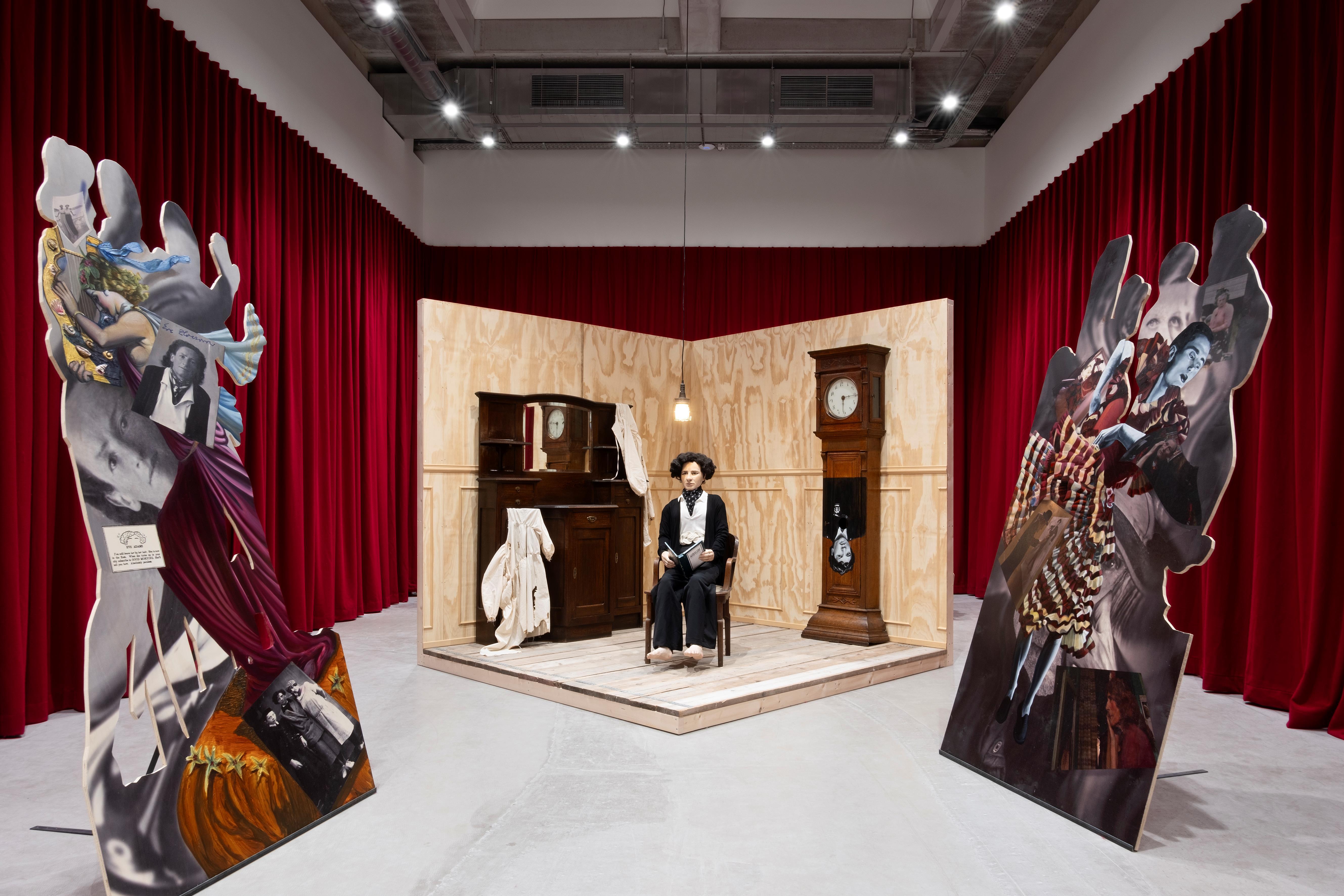
Eve's Hangout, Mikołaj Sobczak (in collaboration with Olik Stawik), 270 cm x 270 cm x 262 cm, 2024
Advertisement
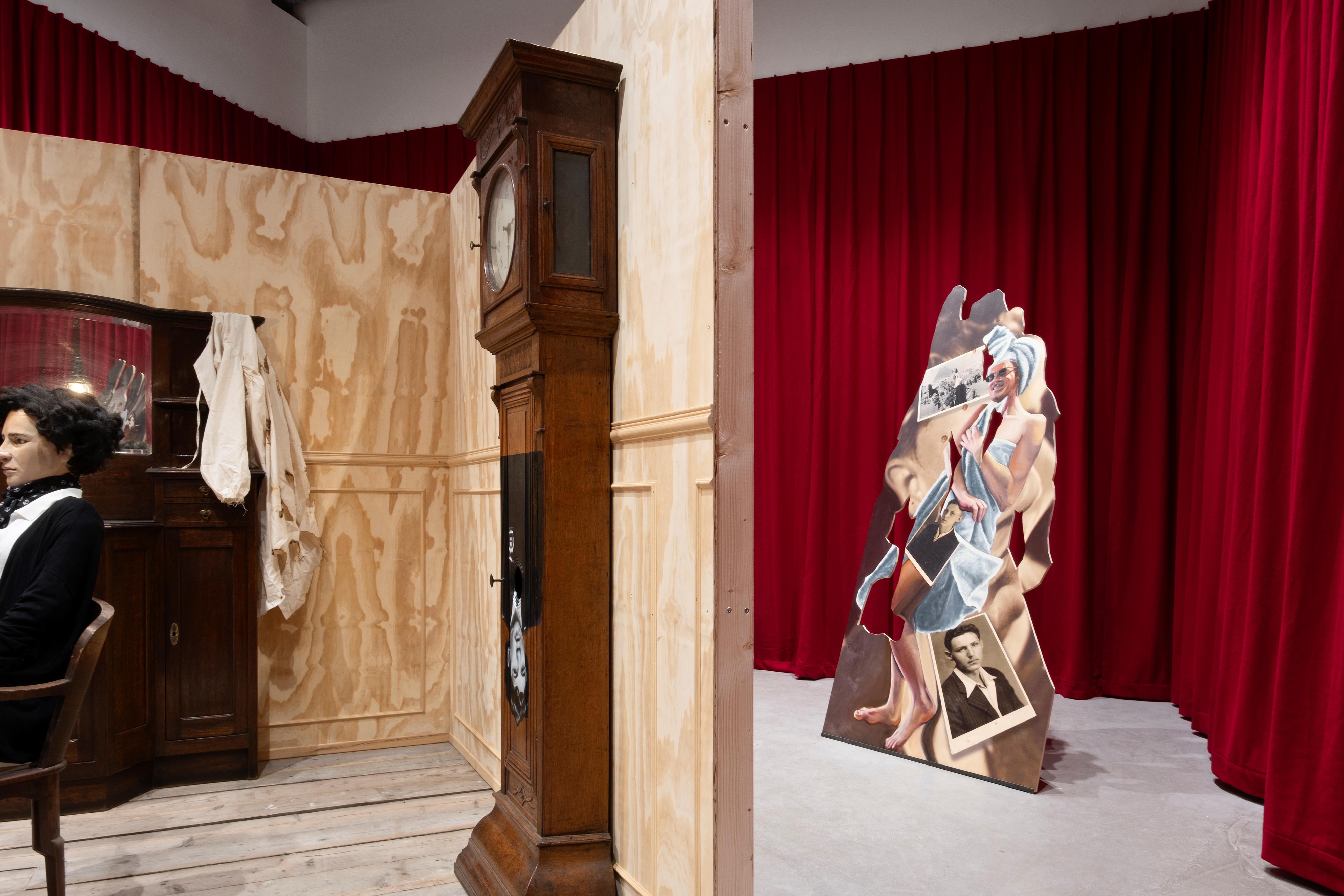
Eve's Hangout, Mikołaj Sobczak (in collaboration with Olik Stawik), 270 cm x 270 cm x 262 cm, 2024
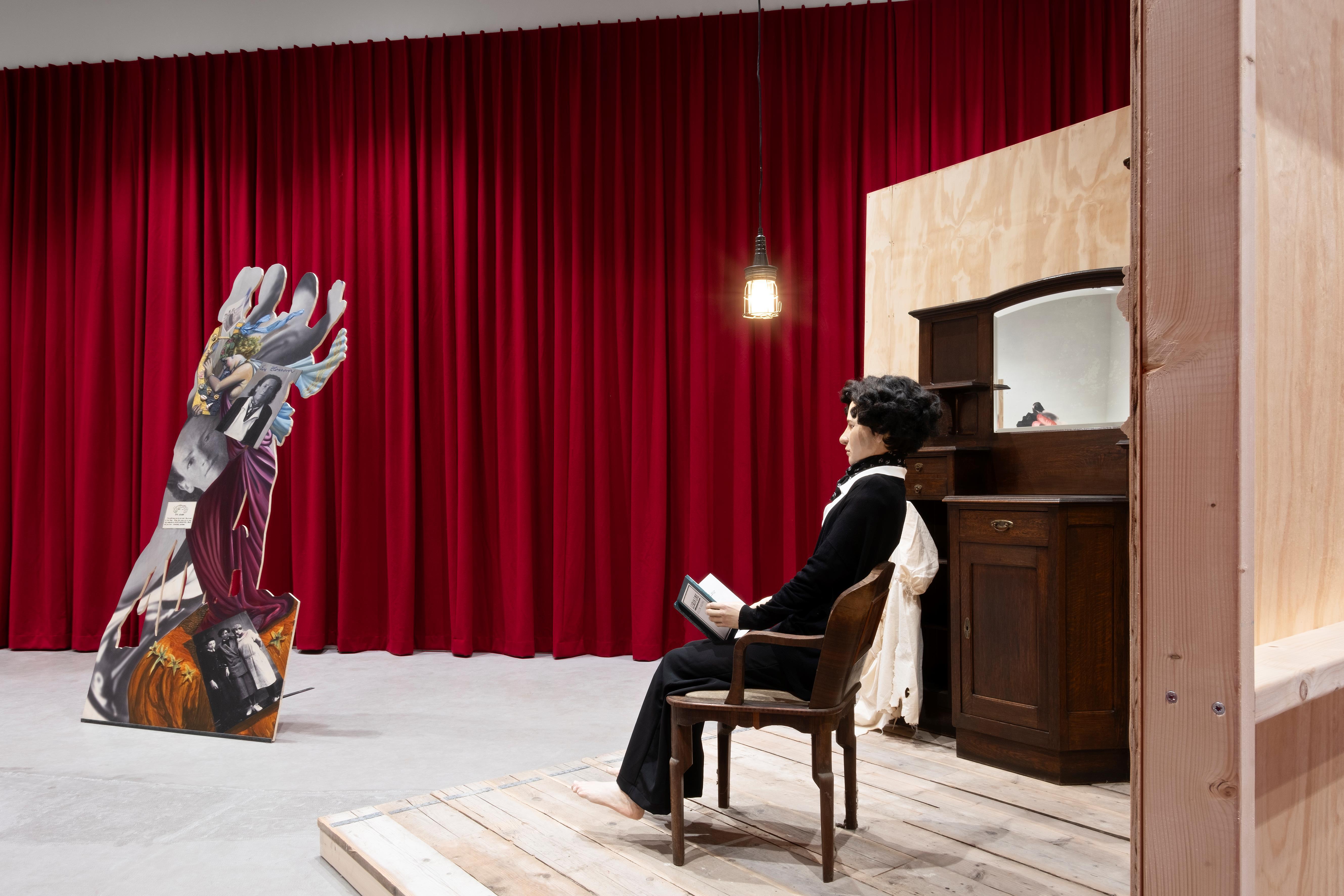
Eve's Hangout, Mikołaj Sobczak (in collaboration with Olik Stawik), 270 cm x 270 cm x 262 cm, 2024
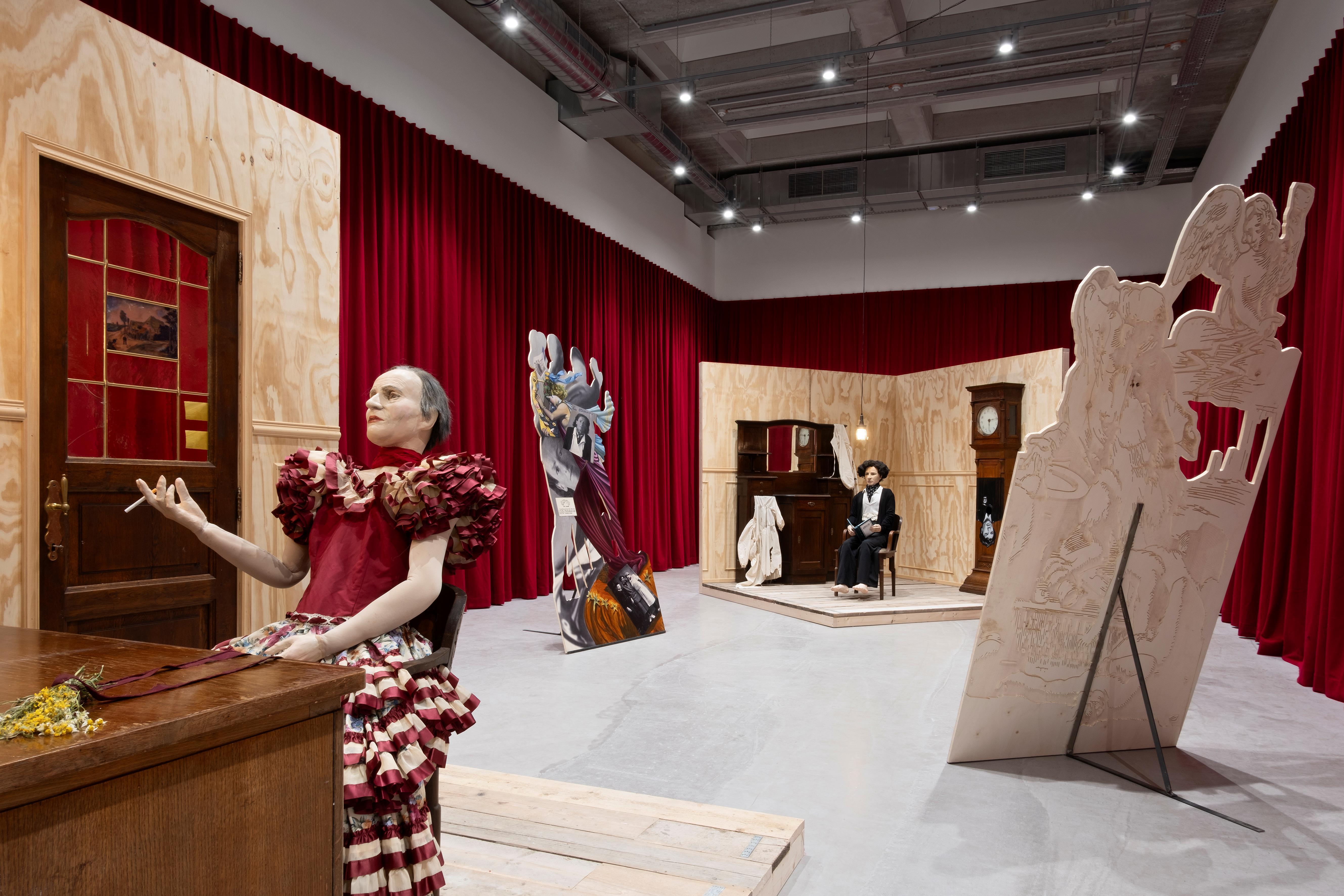
Impossible Songs - Installation view
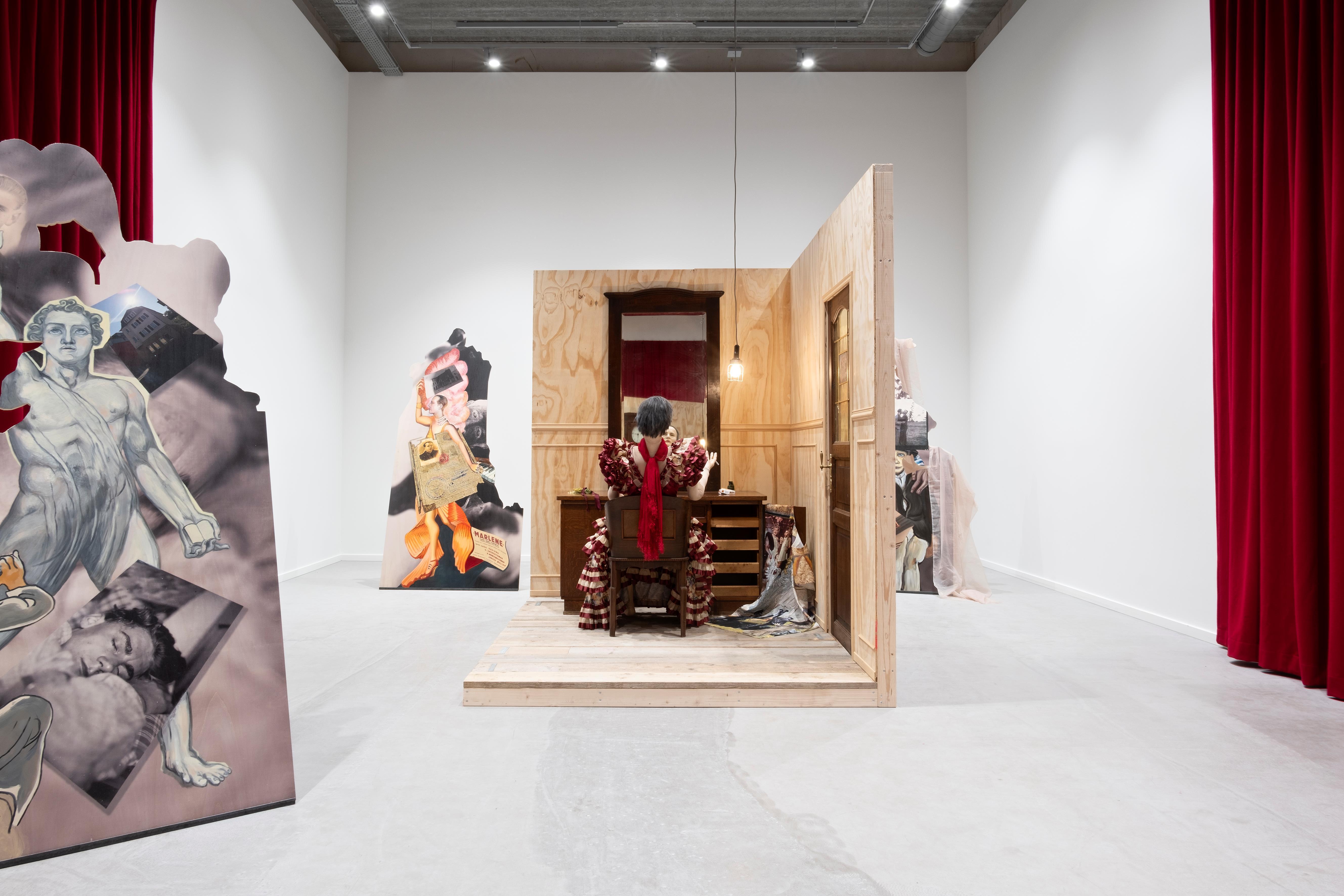
Imperio's Boudoir, Mikołaj Sobczak (in collaboration with Olik Stawik), 270 cm x 205 cm x 262 cm, 2024
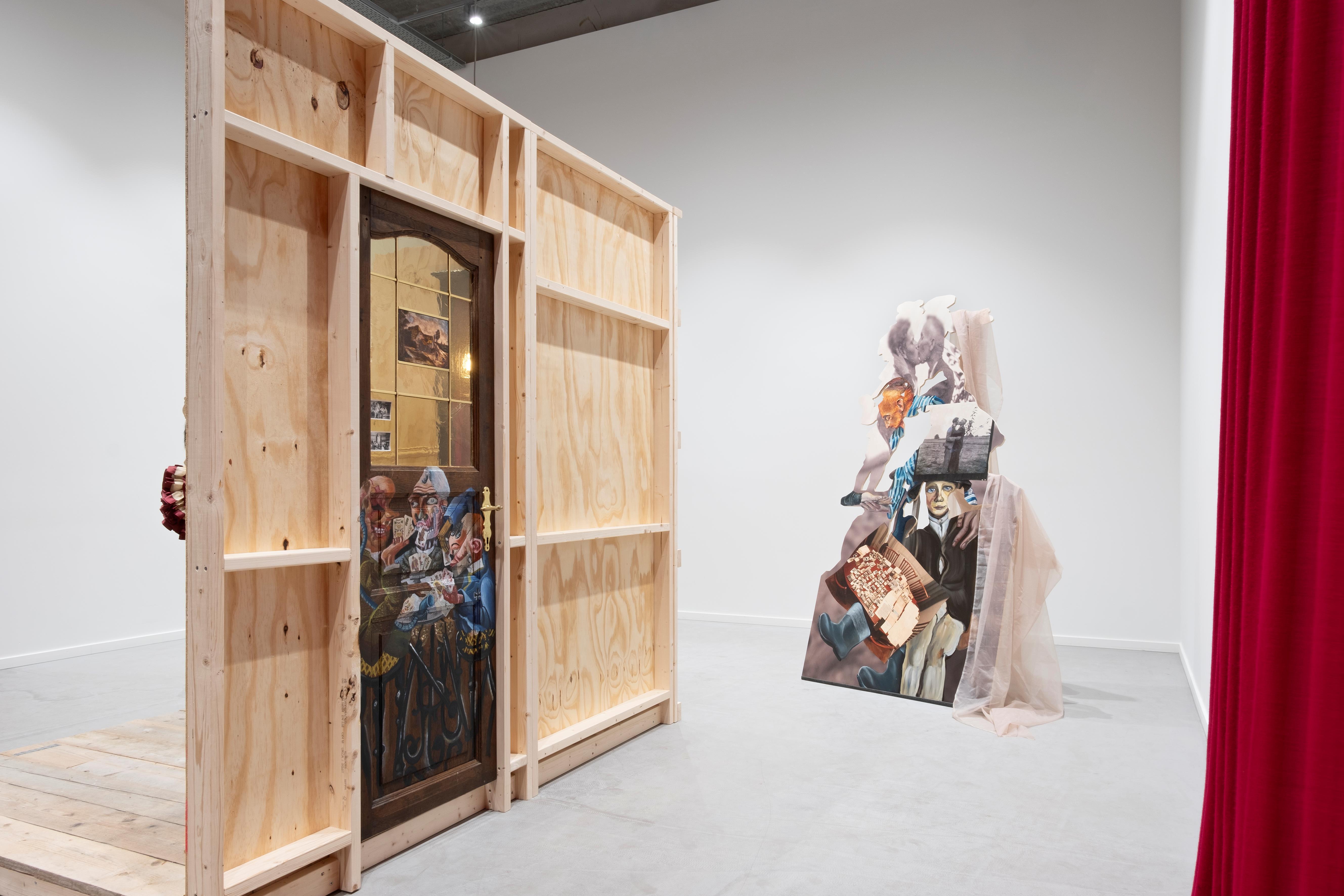
Imperio's Boudoir, Mikołaj Sobczak (in collaboration with Olik Stawik), 270 cm x 205 cm x 262 cm, 2024
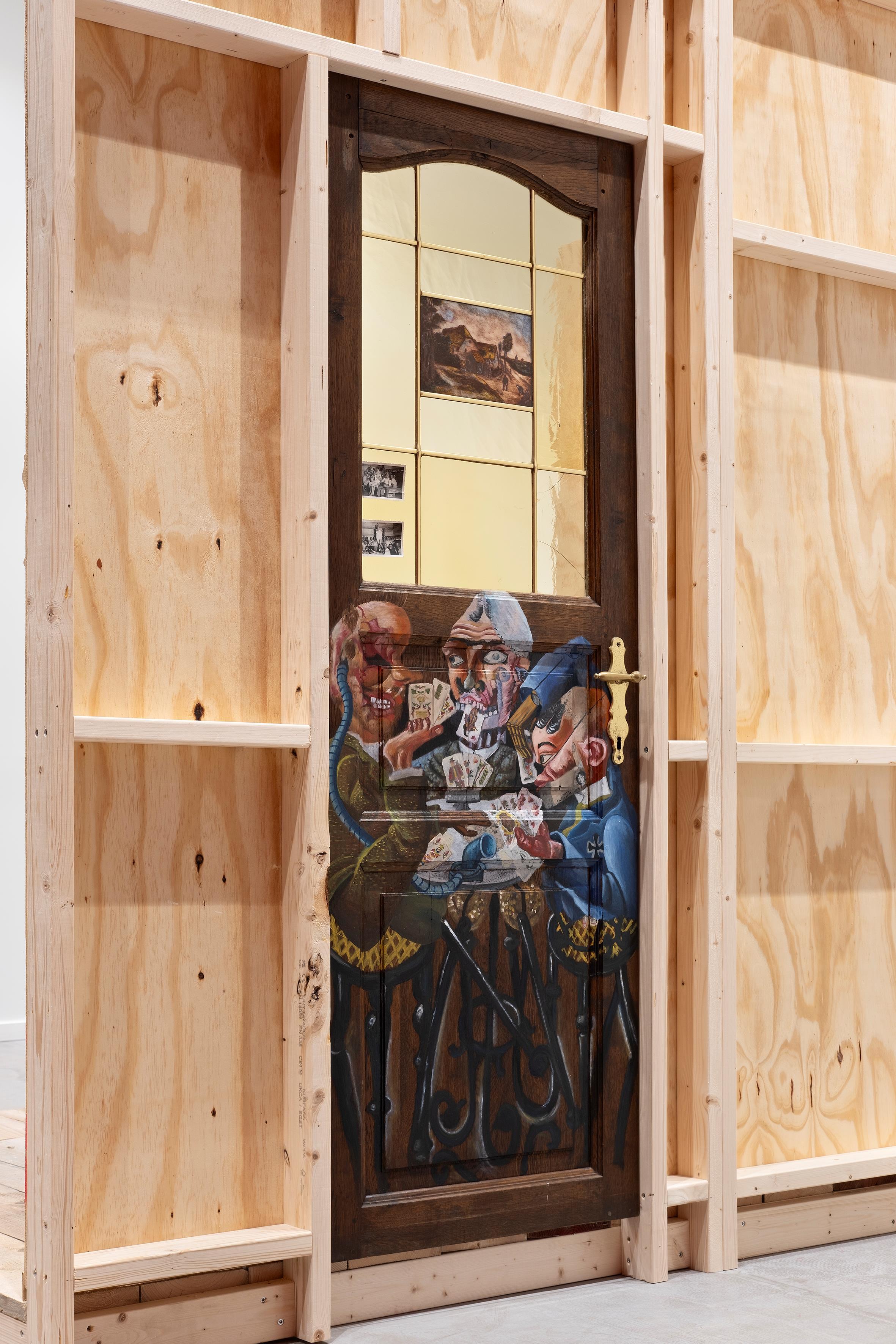
Imperio's Boudoir, Mikołaj Sobczak (in collaboration with Olik Stawik), 270 cm x 205 cm x 262 cm, 2024
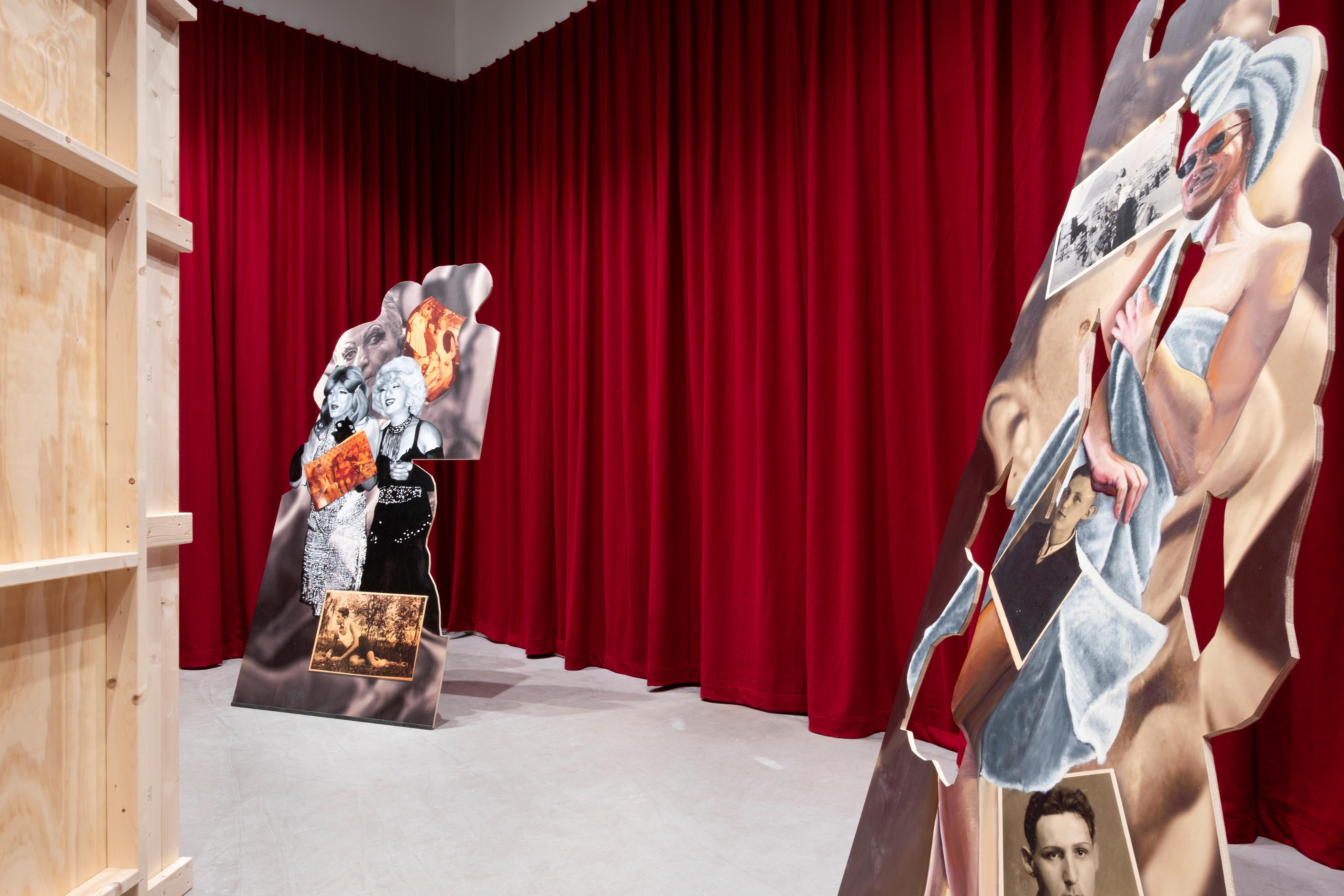
Impossible Songs - Installation view
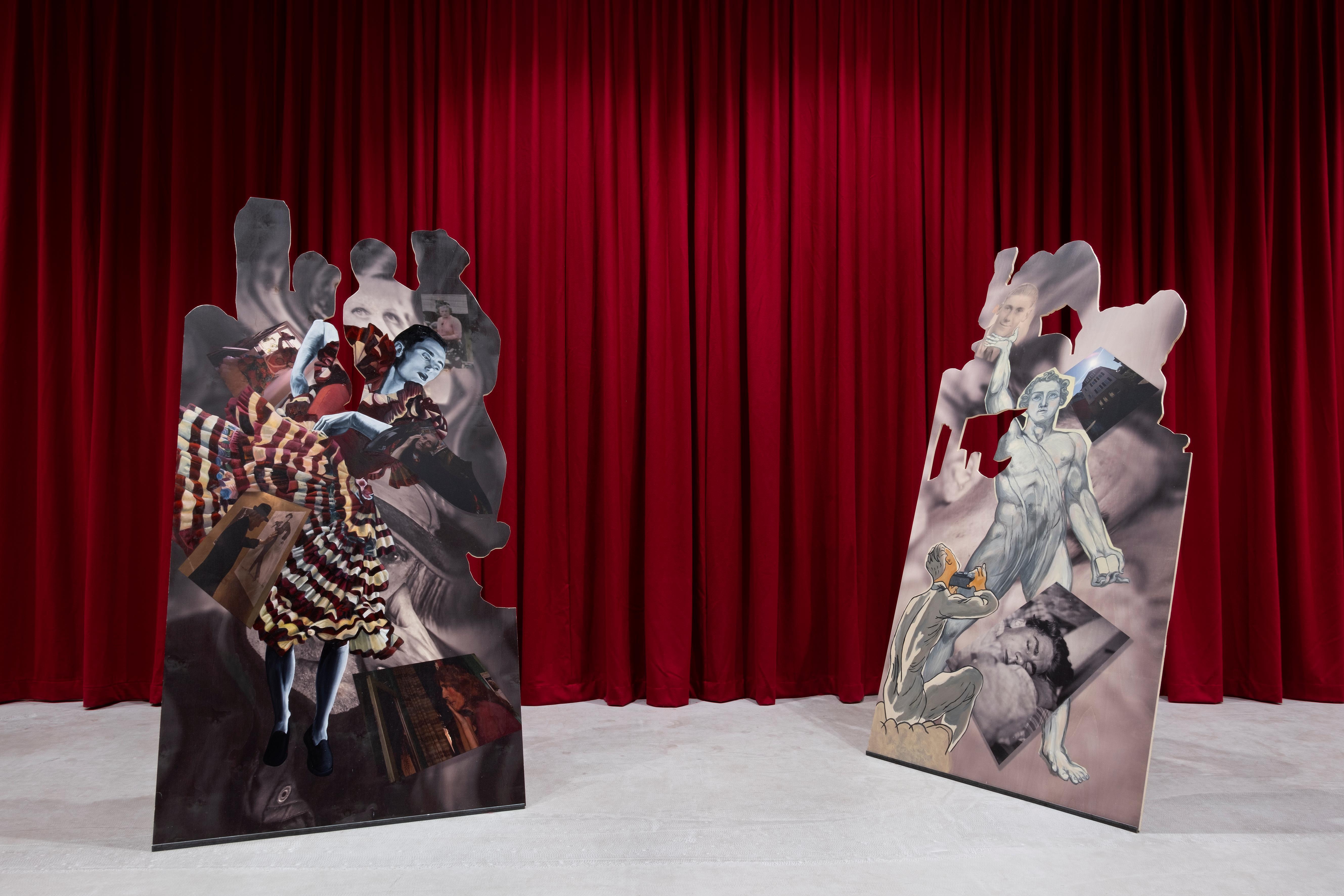
Impossible Songs - Installation view
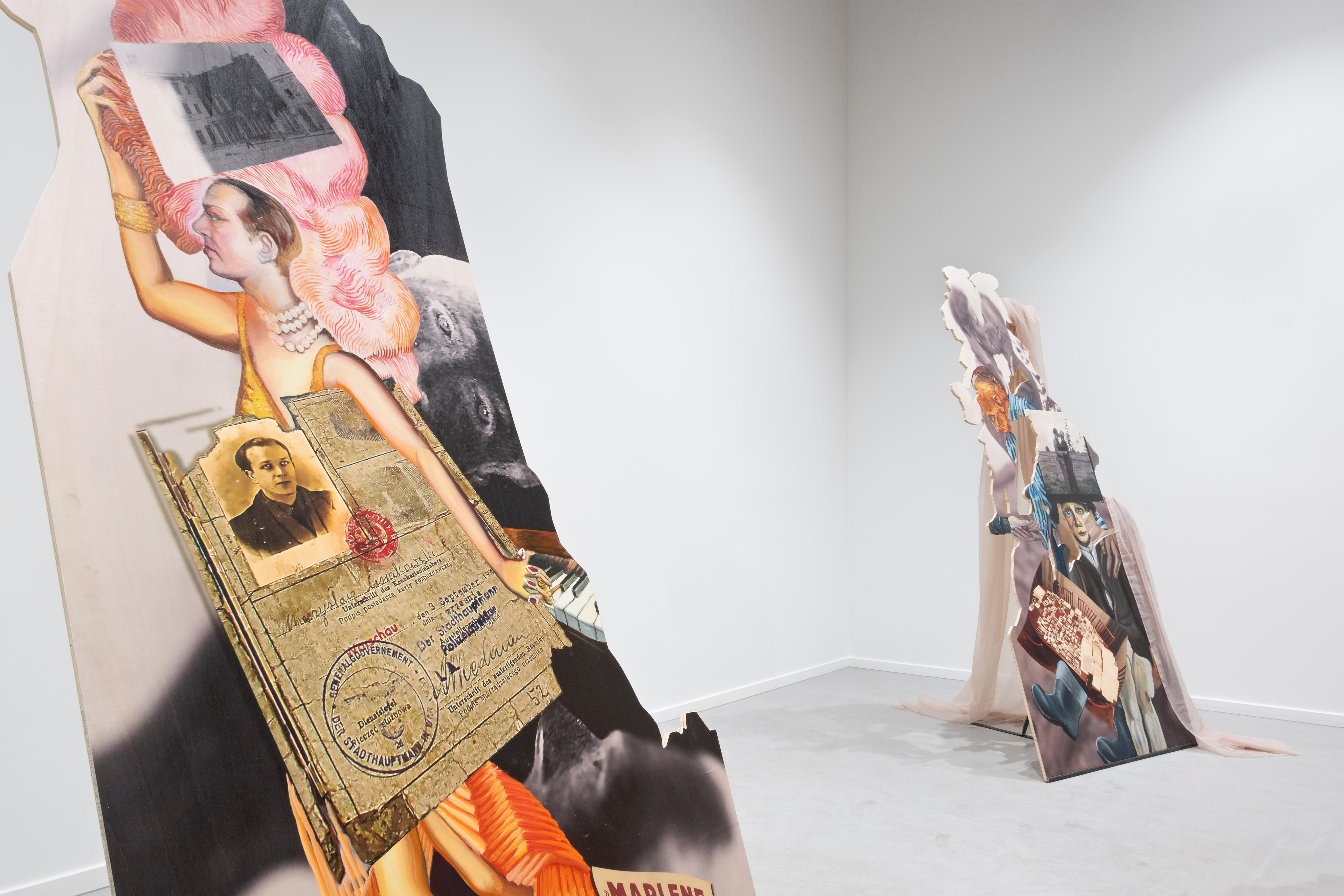
Impossible Songs - Installation view
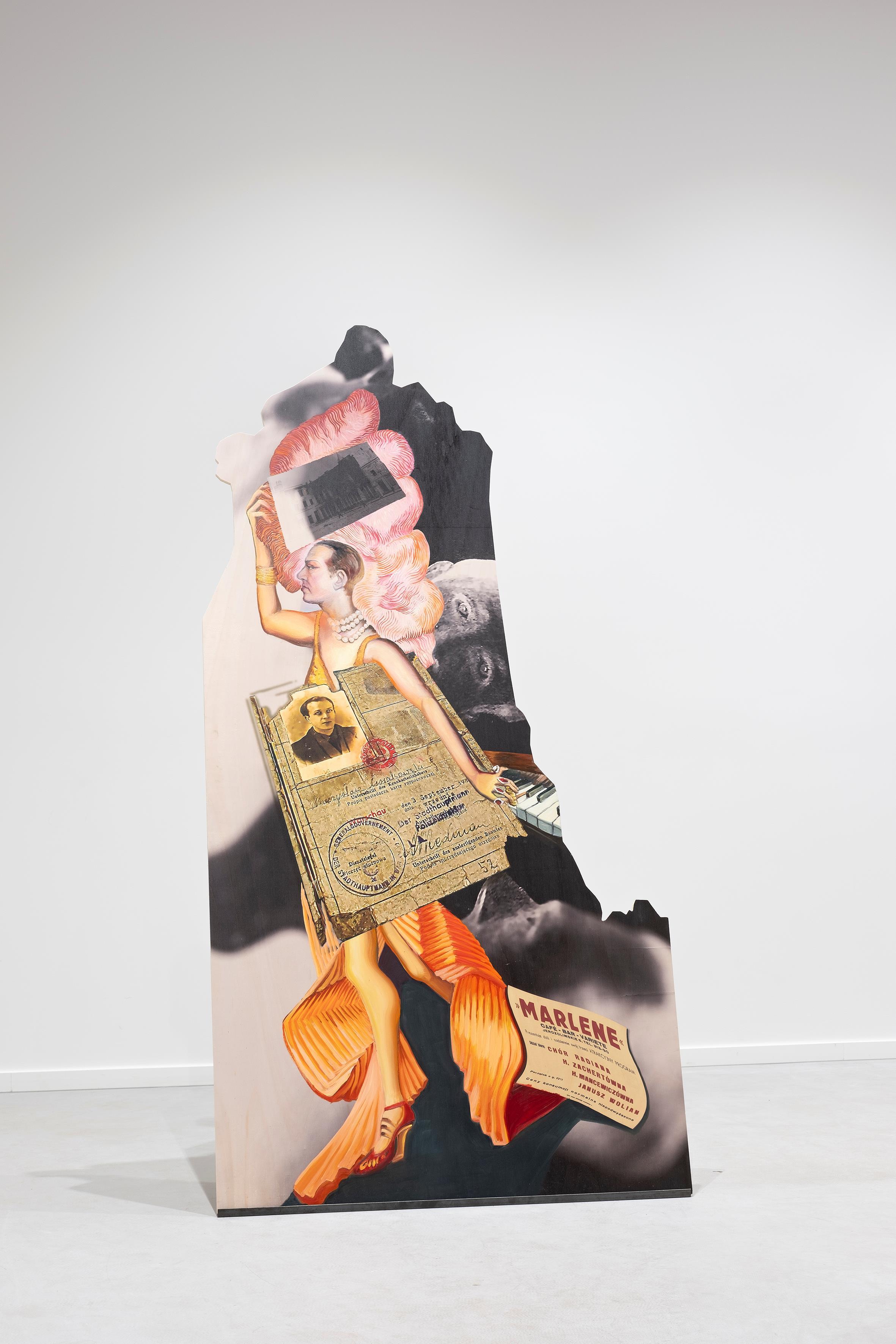
Alex, Mikołaj Sobczak (in collaboration with Tom Alon), 122x250 cm, 2024
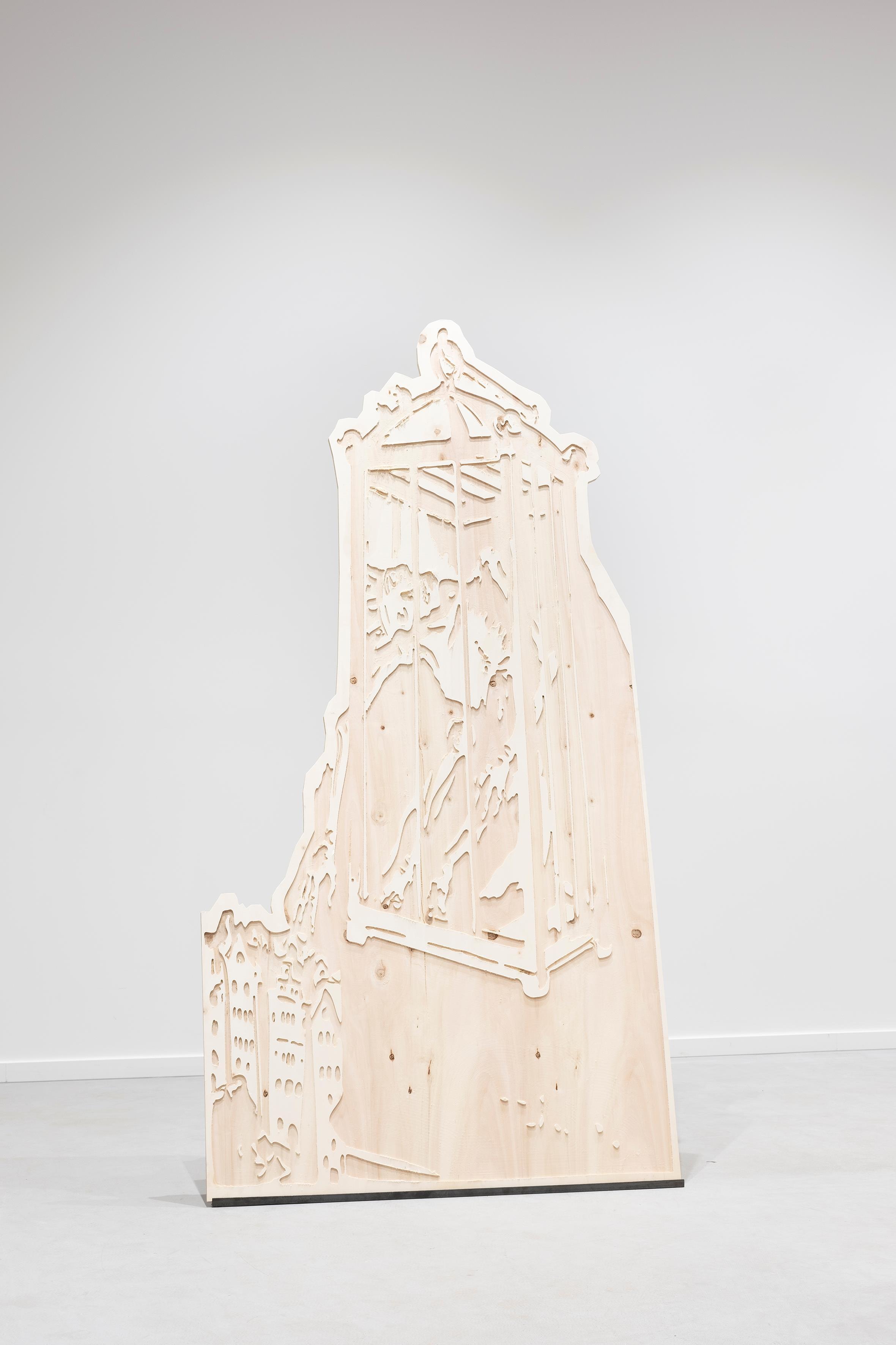
Die Wiedertäufer von Münster, Renate Geisberg-Wichmann, 1937
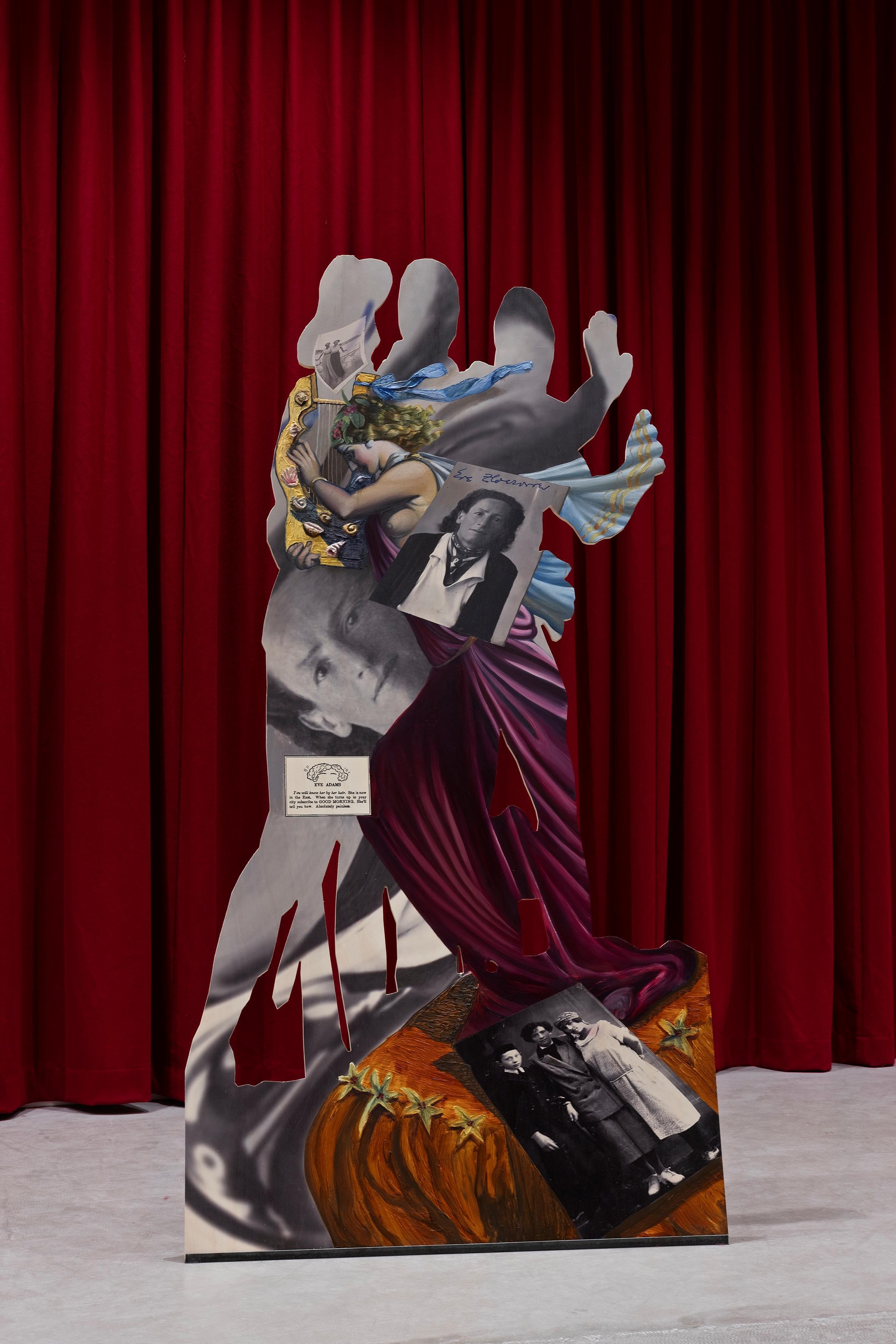
Eva Kotchever, Mikołaj Sobczak, 122x250 cm, 2024
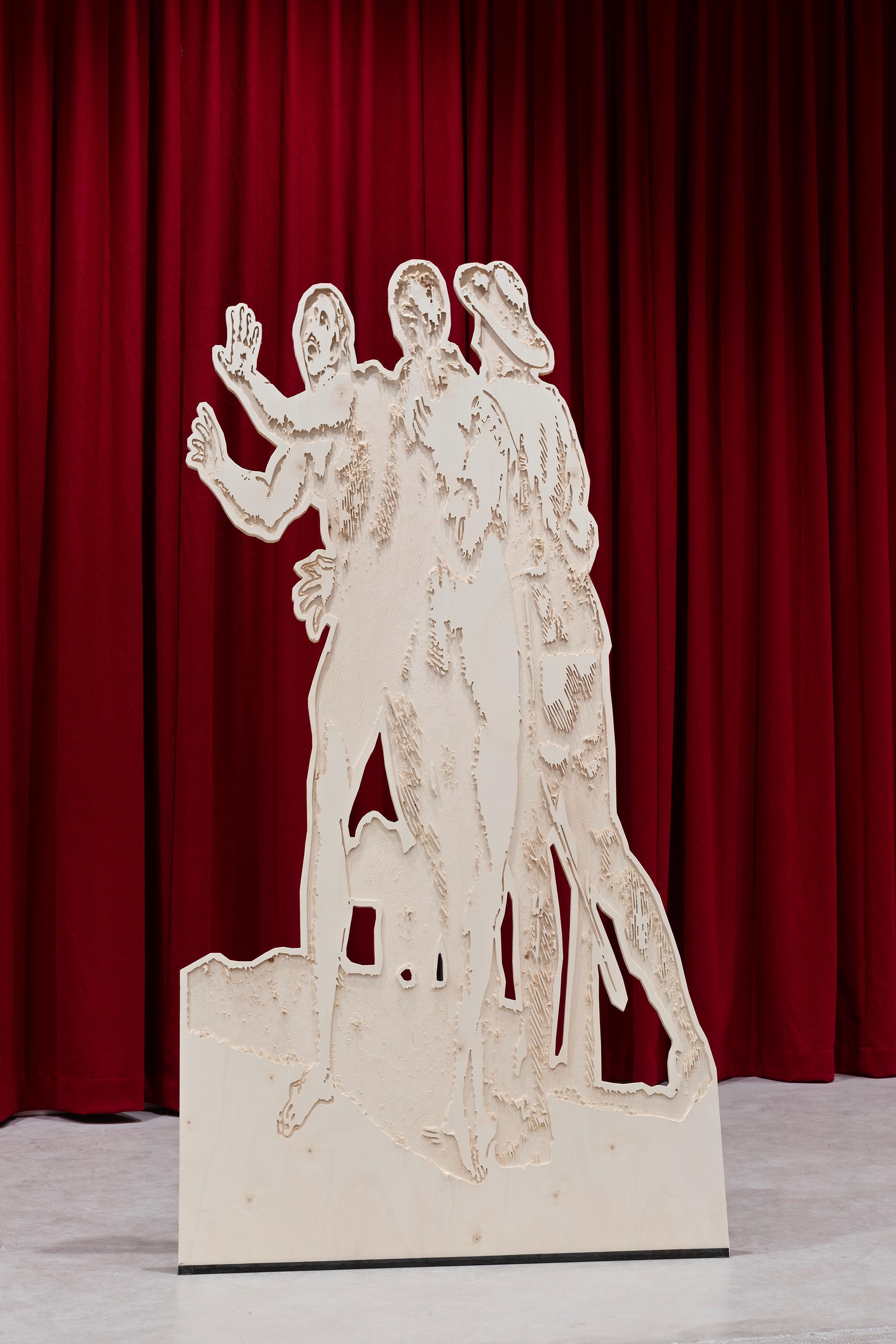
etching by Jan Lucas van der Beek, 1535
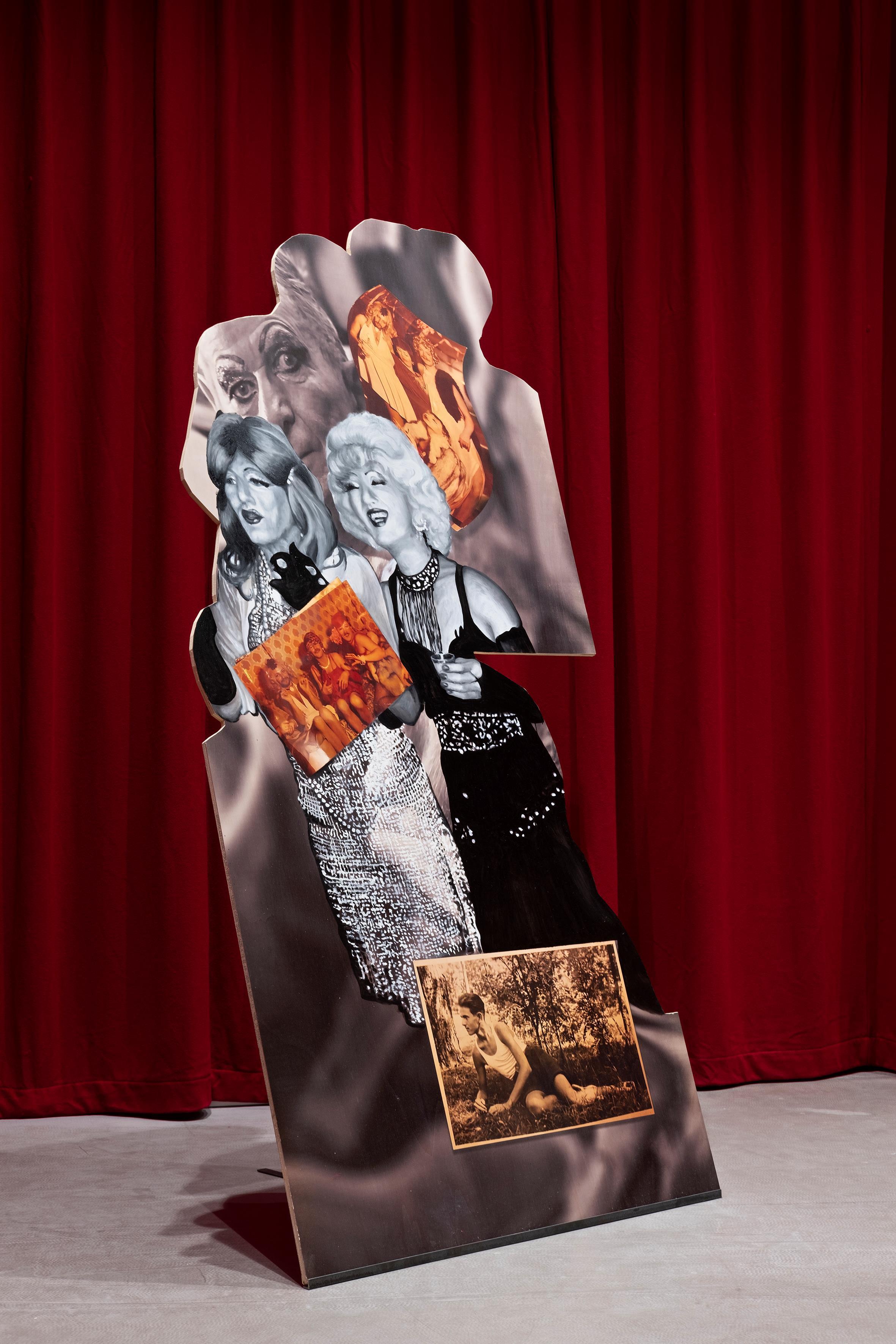
Lulla la Polaca, Mikołaj Sobczak, 122x250 cm, 2024
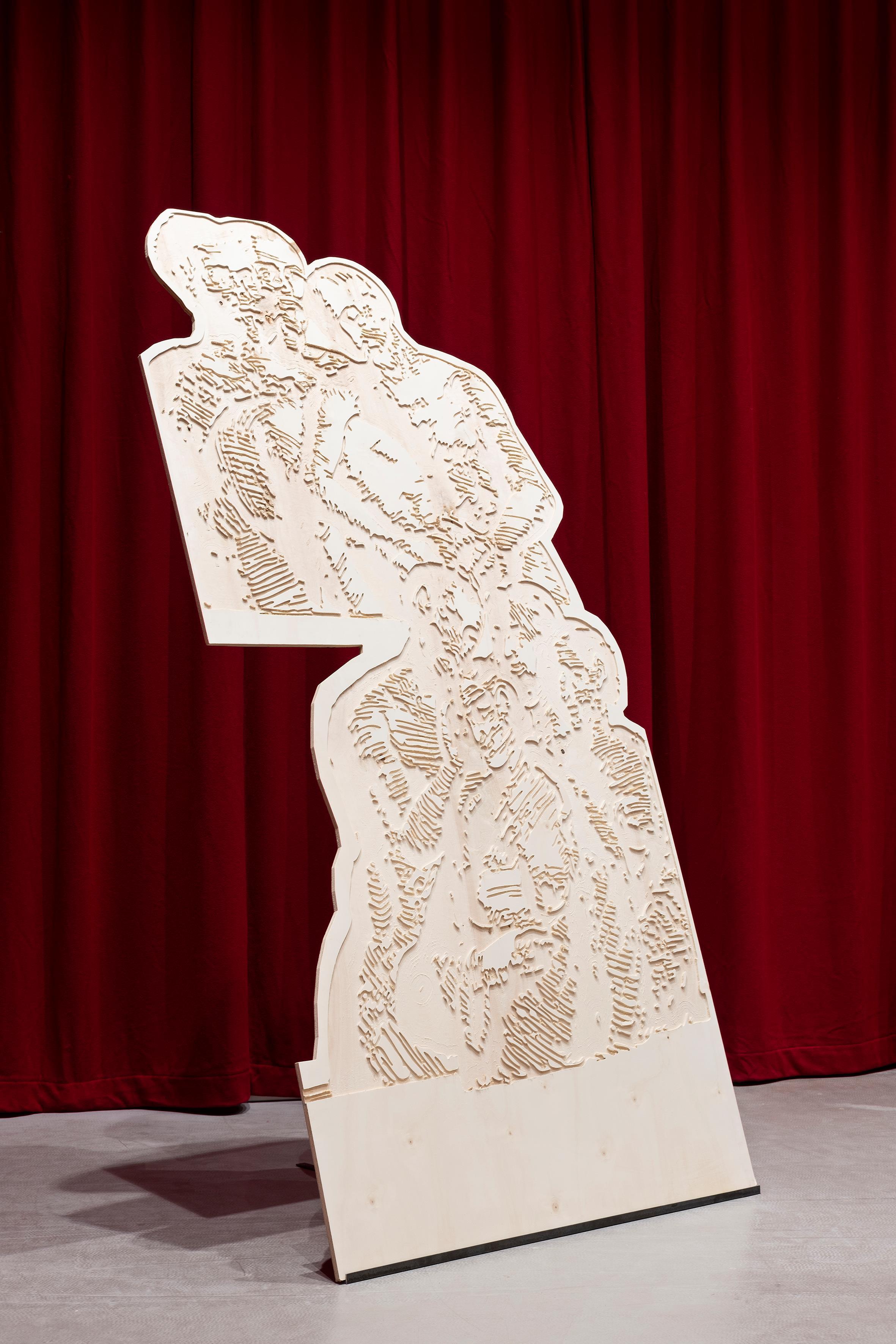
Title page from The Discription of the severall sorts of Anabaptists, William Marshall, active ca. 1617-1650
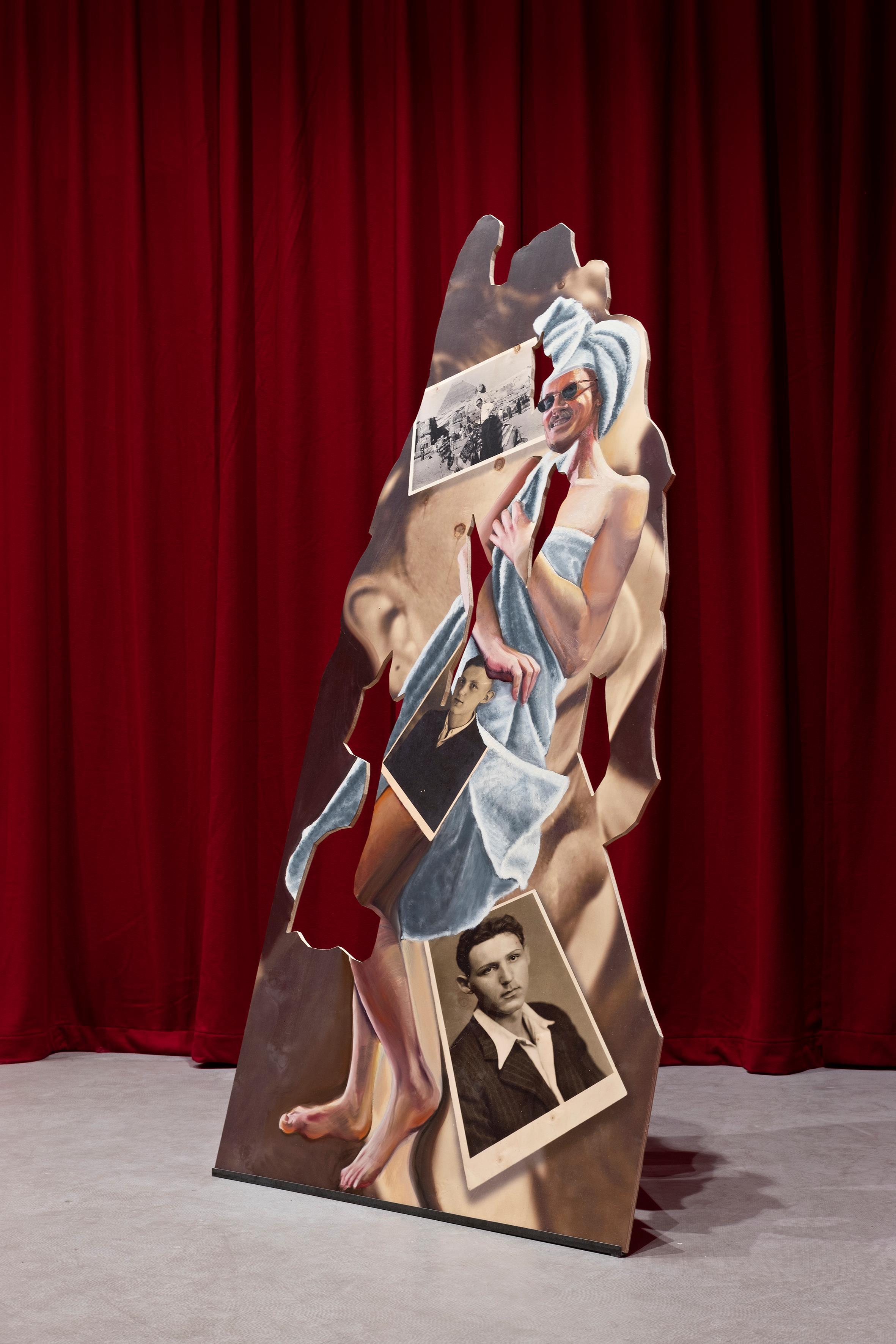
Teofil Kosiński, Mikołaj Sobczak (in collaboration with Yuval Harel), 122x250 cm, 2024
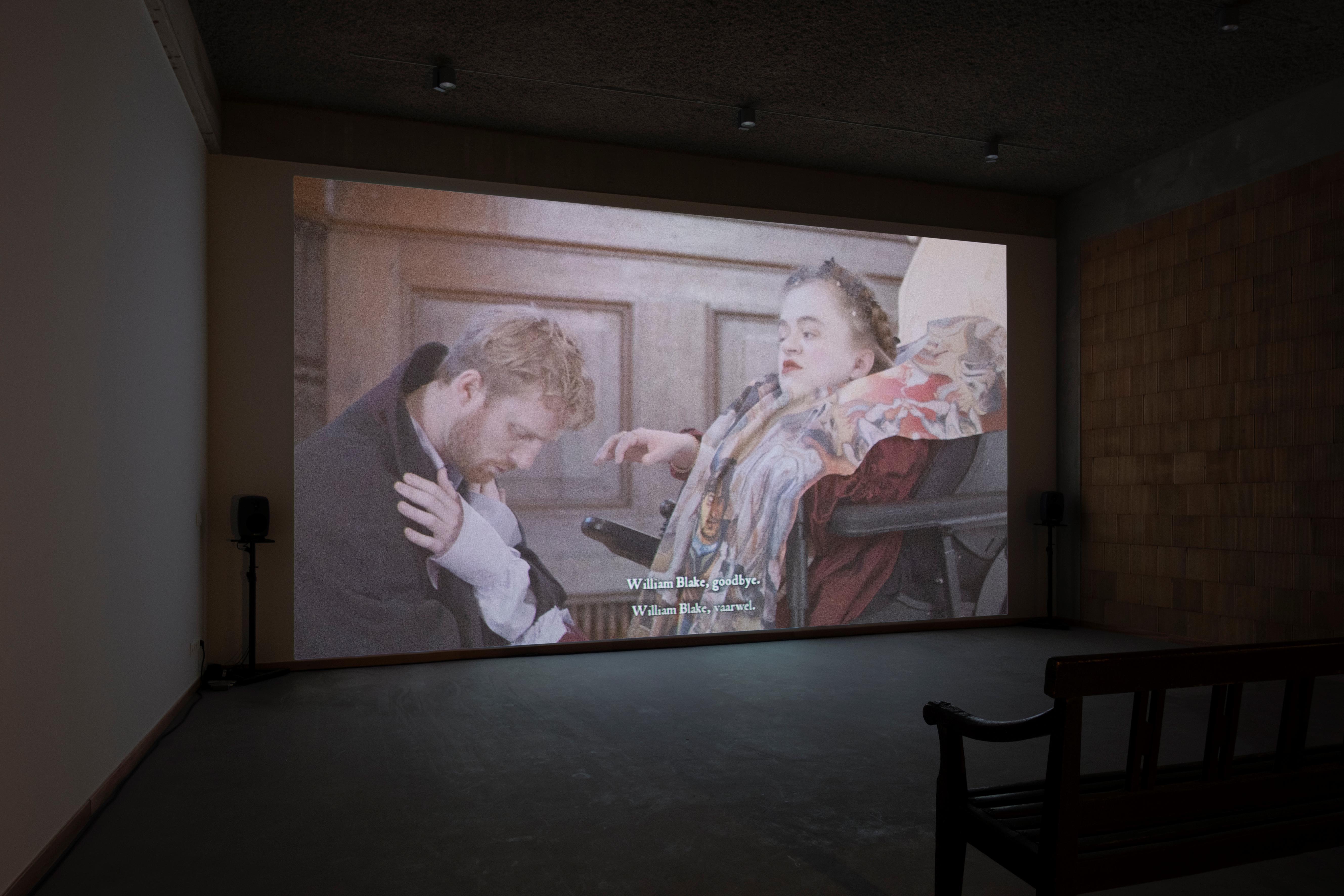
The Universal Empire, 2024 (installation view)

William Blake - Mercury, Mikołaj Sobczak (in collaboration with Olik Stawik), 260 cm x 210 cm x 260 cm, 2024
The exhibition Impossible Songs unveils the manifold universe of Polish artist Mikołaj Sobczak in three acts: the screening of a musical, three installations, and seven cutout panels. Impossible Songs departs from Sobczak’s musical The Universal Empire, originally performed in the Mennonite Church in Amsterdam, expanding its universe and enriching its cast with new characters. Some of the set pieces and props have been imbued with the atmosphere and alchemic energy of the live performance and carry its essences into this new constellation.
The musical narrates the story of two members of an Anabaptist commune in Amsterdam and the turmoil that arises from an unexpected encounter with William Blake, who is uncannily transported into their world. Entangled in notions of economics, spirituality, religious persecution, and modernity, the characters represent (and are named after) the alchemical elements of Salt, Sulfur, and Mercury. Blake spiritually floats outside of time and space, sometimes plunging into the hopeful commune and sometimes into a capitalist apocalypse. He becomes Mercury, an ever-shifting and cunning alter ego, to confront an impending world in which he feels out of place: the modern world, dominated by capital, trade, and velocity.
A particular notion of utopia recurs in the narrative and in the words of the characters. The utopia Blake longs for, or the commune he could belong to, is not a hypothetical prospect but the current condition of wanting, made possible by the sharing of lack and the acknowledgment of common limitations. As Anahid Nersessian phrased it in Utopia, limited, the Romantics saw utopia as “a vision of a better world neither cleaved off from nor materially distinct from our own”. In the musical, Sulfur laments: “Utopia that – as always – turned into dystopia. We fought for the world without private property. Without money. Everything is shared. Everything is common. This is when they started to burn us at stakes.” As Sulfur describes it, the threat of a possible utopia was unacceptable to the emergent nation-states arising during Blake’s time. The commune cannot exist and prosper if the novel, shiny capitalistic machine needs fuel. In the sixteenth century, the persecution of many different types of heretics was functional to the establishment of a new economy based on exploitation or, as Arthur Evans puts it in Witchcraft and the Gay Counterculture: “Everywhere heresy-hunting helped provide the needed capital for building up the apparatus of the emerging state.” Thus, the accusation of heresy was made into an instrument of constriction and repression of any deviancy, ultimately becoming a sexual rather than a doctrinal concept. The many related in the exhibition celebrate the queer counterculture in which utopia was still possible, while also bemoaning the persecution necessary for the realization of a capitalist dystopia.
William Blake is one of the three protagonists of The Universal Empire and one of the three characters whose lives are evoked in the exhibition space. After all, Mercury is the binding force that makes one out of many. The other two puppets represent Eva Kotchever and Sylvin Rubinstein in emblematic poses, caught in the midst of their most meaningful actions of resistance. Eva’s sensuality and Sylvin’s potency reflect the characteristics of the alchemic elements of salt and sulfur, already present in the musical.
Additional histories are illustrated on either side of the cutout panels that populate the remainder of the space. The tales of persecution and celebration of Anabaptist martyrs engraved on the verso are mirrored by more recent examples of queer resistance on the recto: from Teofil Kosiński, a Polish man that was arrested during World War II for a love letter he wrote to an Austrian soldier, to Lulla La Polaca, activist and drag performer still active in the queer community of Warsaw. Through the collection and revelation of untold histories, Sobczak’s practice takes a prophetic form that mimics some of Blake’s compositions. Just as utopia isn’t born out of a leap into the unreal, prophecy too is not a blind oracle but a translation of an example of the immediate past into the future.
The impossibility of the title is the perpetual unlikelihood looming over any historical fact. Factual changes can be ungraspable and there seems to be an insurmountable gap between lived experience and history itself. The same could be said of Blake's own life, work, writings, and songs. They would be considered most unlikely if not for the fact that they did exist. Blake’s songs are his poems, collected in illustrated volumes like the Songs of Innocence and of Experience, referenced in some corners of Impossible Songs.
Valentina Bianchi



